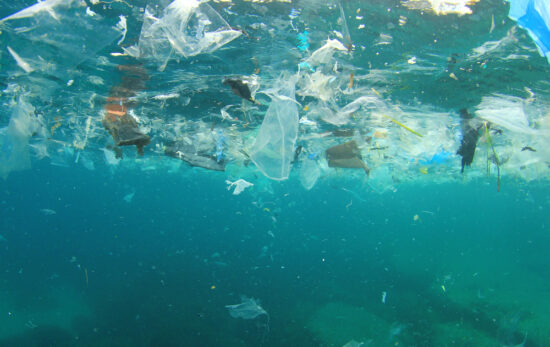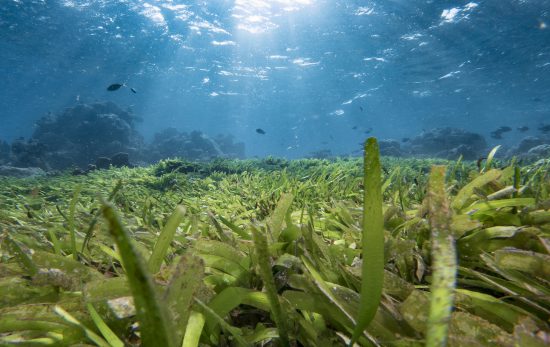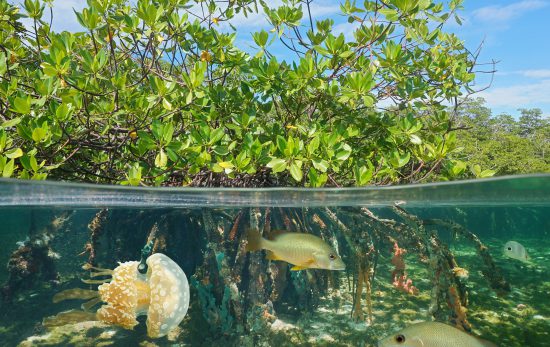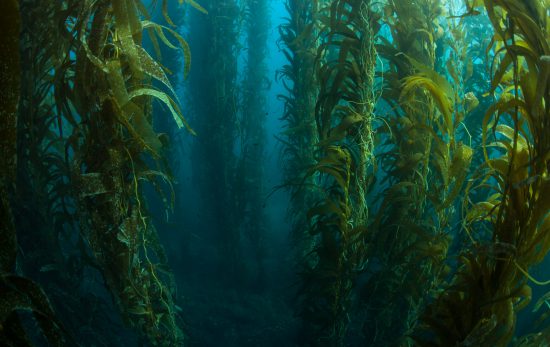With PADI’s longstanding commitment to conservation, mission to create a billion Torchbearers to explore and protect our blue planet, and bold blueprint for ocean action – we invite the world to join us as we seek adventure and save the ocean. With the effects of climate change evident around the world, both above and below the surface, the ocean needs the support of our global community of PADI divers, now more than ever.
It is vital to understand the ways in which climate change is negatively impacting the ocean, as well as to take individual and collective action to slow the effects of and find solutions to the consequences of climate change.
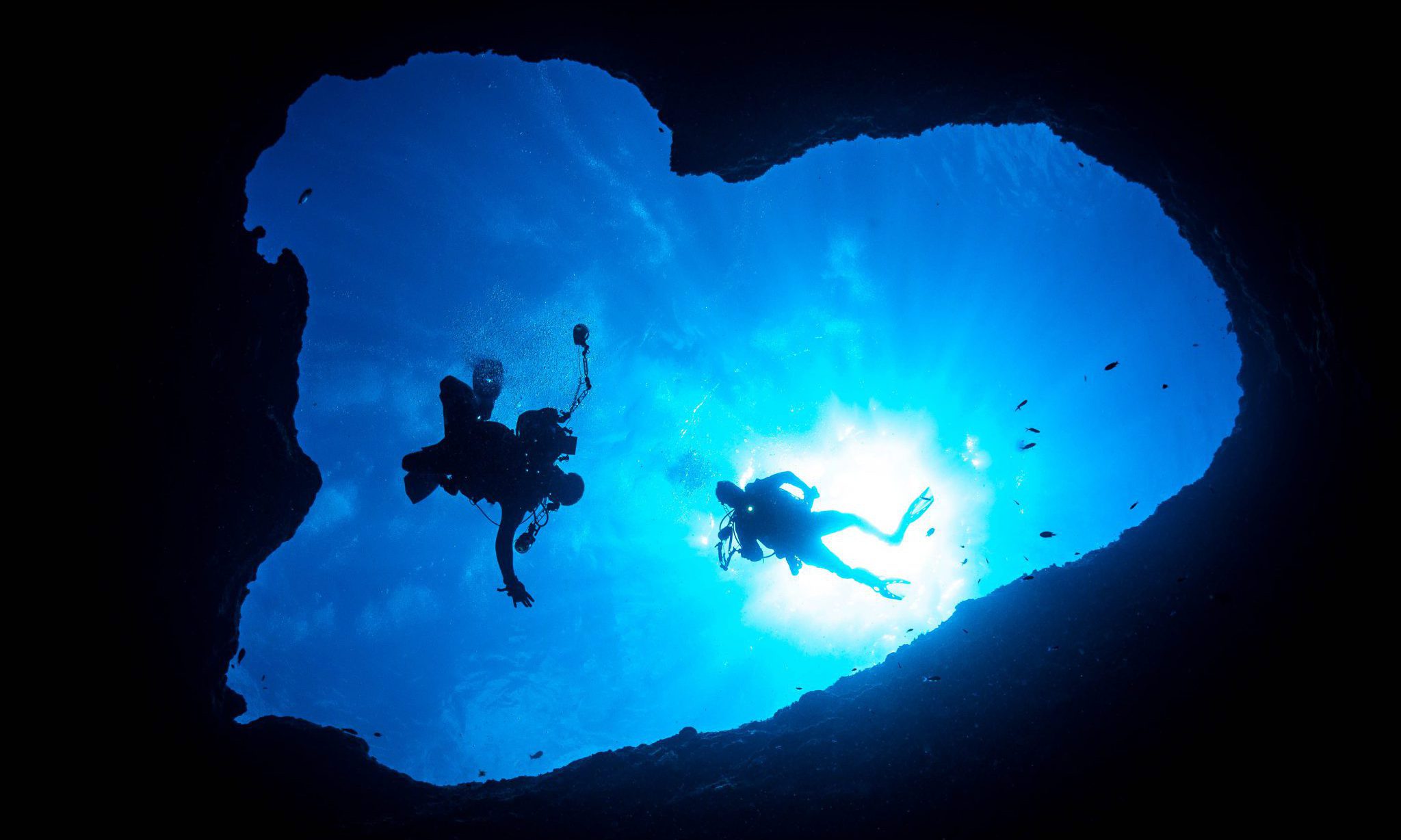
How is Climate Change Impacting the Ocean?
Warming Ocean Temperatures
With the ocean absorbing most of the excess atmospheric heat caused by greenhouse gas emissions, global sea surface temperatures are rising. Data from the United States National Oceanic and Atmospheric Administration (NOAA) shows that the average global sea surface temperature has increased by approximately 1.3°C over the past 100 years. Limiting the global average temperature increase to less than 2°C above pre-industrial levels is crucial to prevent irreversible damage to marine ecosystems.
Coral Bleaching
Warmer water temperatures (as little as 1°C higher) can cause corals to expel the symbiotic algae living inside their tissue, turning them white. If the coral is stressed for too long, it will eventually die. With corals being the foundation of tropical marine ecosystems, coral bleaching greatly impacts the 25% of ocean animals directly dependent on coral reefs. In recent years, coral reefs around the world, from Hawaii to the Caribbean to the Great Barrier Reef, have suffered from mass bleaching events. Immerse yourself in a global coral bleaching event via 360° underwater scenes or hear from The Ocean Agency founder (and star of Chasing Coral), Richard Vevers on PADI’s Dive Stories Podcast.
Sea Level Rise
The warming of ocean water is causing global sea levels to rise because, fundamentally, water expands when it warms. Combined with water from melting glaciers and ice sheets at the poles, rising sea levels have a variety of negative impacts on coastal marine ecosystems around the world. According to NOAA, global average sea level has risen approximately 21.5 centimeters (8.5 inches) since 1880, with roughly one third of that in the last twenty years.
Ocean Acidification
With the ocean absorbing about 25% of the CO2 that is released into the atmosphere, the chemistry of the ocean is changing and becoming more acidic. Challenges arise in more acidic conditions for marine animals that build shells and calcium carbonate structures like oysters, corals, sea urchins, and plankton. In the past 200 years, sea water has become 30% more acidic – faster than any known change in ocean chemistry in the last 50 million years.
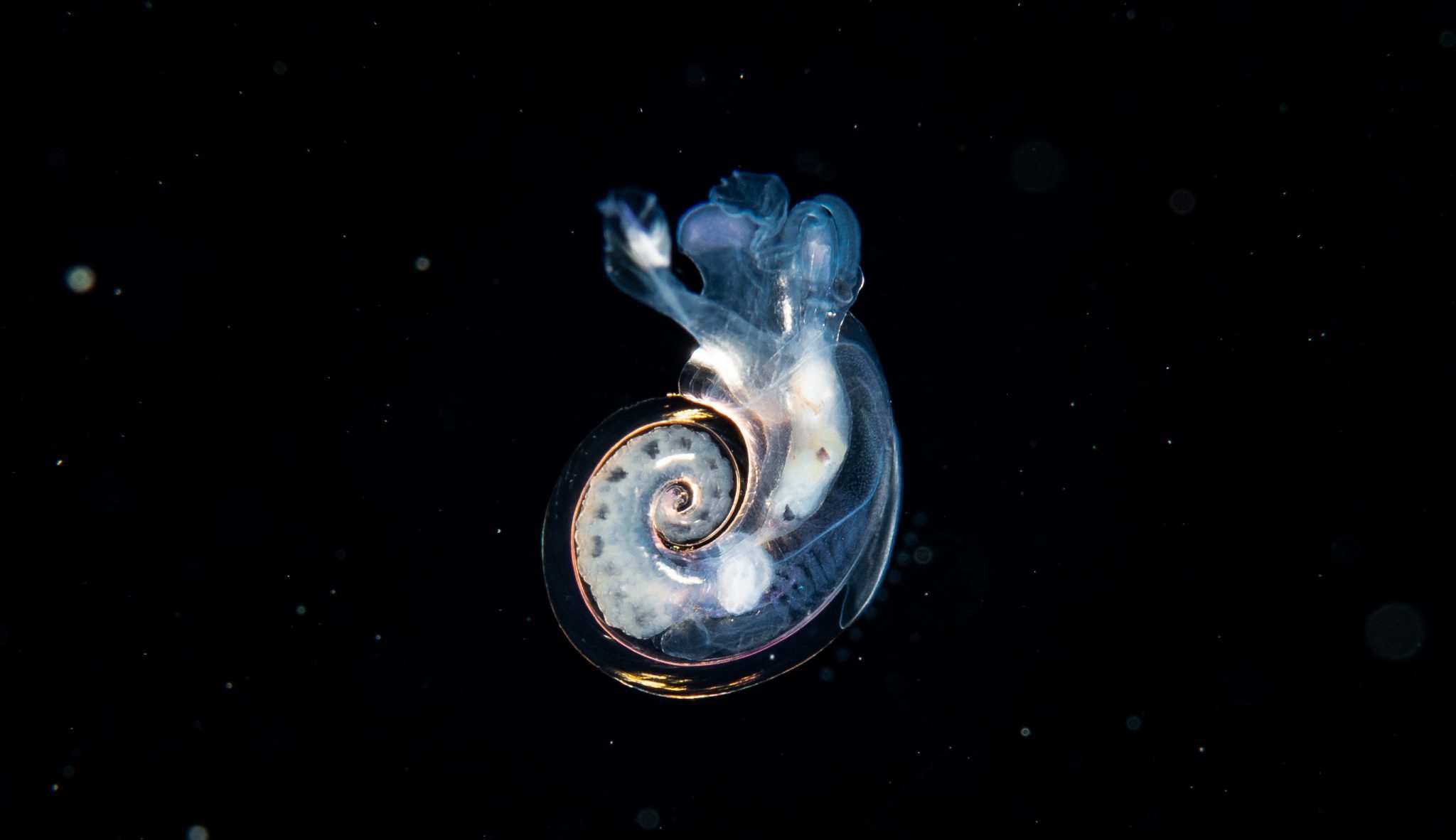
How Can I Help?
Reduce Carbon Footprint
From transportation to powering your home – there are many ways to reduce the amount of carbon produced from the energy you consume. Reducing the amount you drive and fly can have considerable positive impact on the ocean. Taking public transport, carpooling, driving an electric vehicle, riding a bike, and walking are great alternatives. When you do fly, consider offsetting your emissions using The Ocean Foundation’s Carbon Footprint Calculator. Additionally, switch to renewable energy sources like solar and wind to power your home where possible. Turning off lights, unplugging devices, turning off the AC/heat, and air drying clothes can all significantly reduce the amount of energy your home consumes.
Plant Something
Plant a coral, plant a mangrove, plant seagrass. Whether you volunteer as a diver, support from shore, or support financially, there are an amazing variety of organizations around the world to get involved with when it comes to planting something that will help slow the effects of and provide solutions to the impacts of climate change. Outplanting corals on a reef helps restore struggling coral ecosystems – get involved with coral restoration. With mangroves and seagrasses storing vast amounts of carbon, restoring them with programs like SeaGrass Grow helps to sequester excess CO2 causing warming – get involved in sea grass restoration.
Eat a More Plant-Based Diet
Looking to what’s on our plates is very important when looking to reduce individual and collective energy consumption to combat climate change. According to a 2019 United Nations report, animal agriculture puts significant stress on the environment, and that eating a more plant-based diet provides major opportunities to address climate change. With ample helpful resources (like We Are the Weather, Meat Free Monday, and Veganuary), consider reducing meat and dairy from your plate – and instead filling your plate with fruits, vegetables, grains, and legumes.
Buy Quality Products Locally
In terms of climate change, the global shipping industry (by air and by sea) greatly contributes to increased CO2 emissions in the atmosphere. By buying locally made products, whenever possible, one can reduce their dependency on this fossil-fuel burning industry. When not buying locally, focusing your purchasing power on quality products that will last a long time and will reduce your need to repeatedly have that sort of item created and shipped.
Share with Friends
In whatever way you can, share your love for the ocean, your knowledge of the impacts of climate change, and the actions you’re taking (or plan to take soon) to be part of the solution, with your network of family, friends, and beyond. Community, education, and outreach are vitally important ingredients in curbing the climate crisis and striving for a healthy ocean for generations to come.
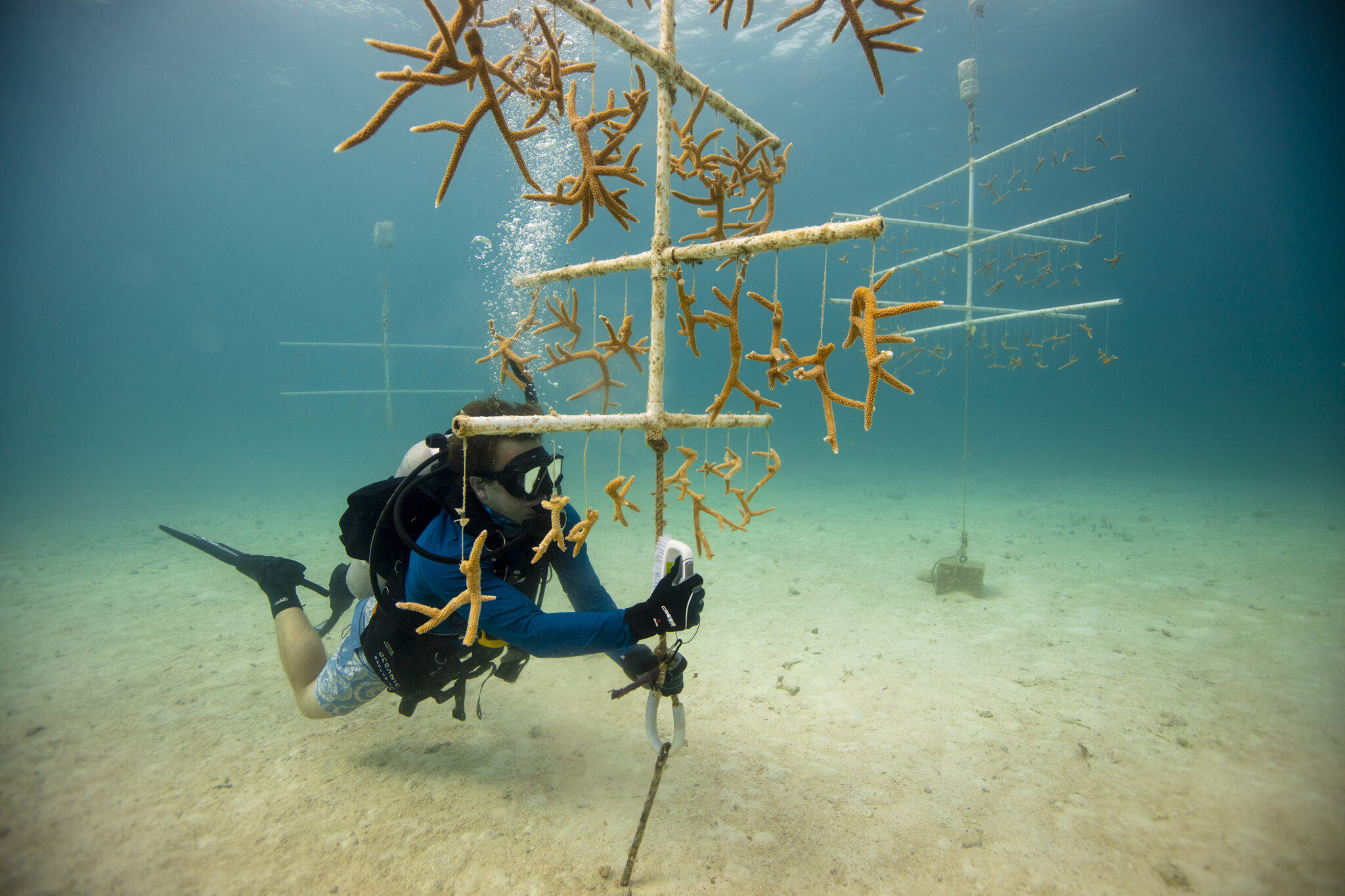
PADI believes that individual and collective action can turn the tide on climate change – and for the sake of the ocean, it must. The negative impacts of climate change on the ocean are evident. Fortunately, the ways in which we all can help, are plentiful and clear. Join us in our mission to unite one billion torchbearers, working together to seek adventure and save the ocean.

